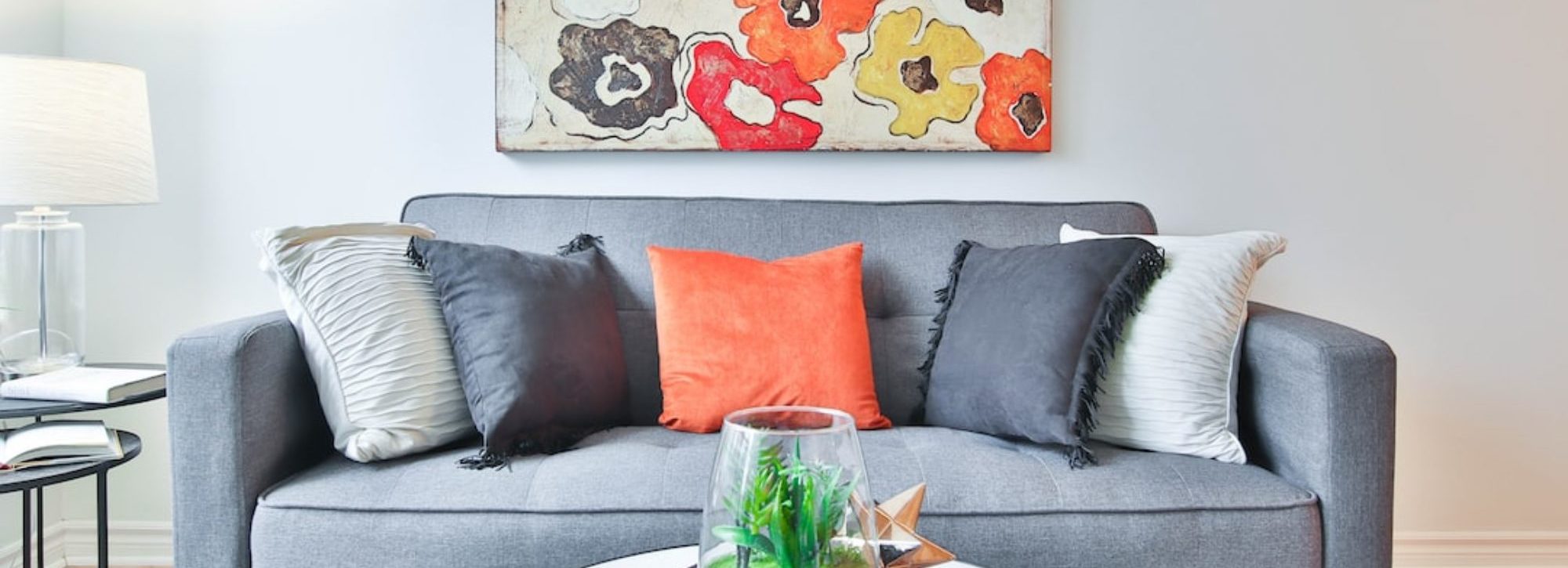
The past year and a half brought about significant life changes for many of us. For some, it meant entering retirement earlier than expected. Recent data shows more people retired this year than anticipated. According to the Schwartz Center for Economic Policy Analysis, 2021 saw a retirement boom:
“At least 1.7 million more older workers than expected retired due to the pandemic recession.”
If you’ve recently retired, your home may not fit your new lifestyle. The good news is, you’ve likely built-up significant equity that can fuel your next move. According to the latest Homeowner Equity Insights report from CoreLogic, homeowners gained more than $50,000 in equity over the past 12 months alone. That, plus today’s sellers’ market, presents a great opportunity to sell your house and address your evolving needs.
You Can Move Closer to the Ones You Love
The 2021 Home Buyers and Sellers Generational Trends report from the National Association of Realtors (NAR) provides a look at the reasons people buy homes. For those reaching retirement age, the number one reason to buy is the opportunity to be closer to loved ones, friends, or relatives.
If you find yourself farther from your loved ones than you’d like to be, retirement and the equity you’ve built in your home may enable you to move closer to the people in your life who matter most.
You Can Find the Right Home for Your Needs
Not only can your equity power a move to a new location, but it can also help you purchase the right size home. Lawrence Yun, Chief Economist at NAR, says many homebuyers 55 and older choose to downsize – or buy a smaller home – when they make a purchase:
“Clearly from the age patterns, young people want to upsize, and the older generation is looking to downsize. . . .”
Whatever your home goals are, a trusted real estate advisor can help you to find the best option for your situation. They’ll help you sell your current home and guide you as you buy your next one while you move into this new phase of life.
Bottom Line
If you’ve recently retired and your needs are changing, you’re not alone. Let’s connect so you can get a better sense of how to find a home that will match your situation.

